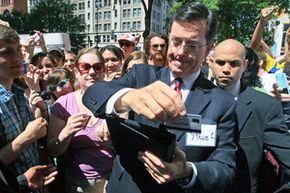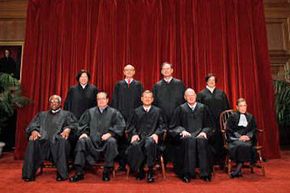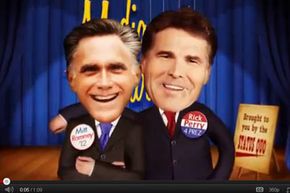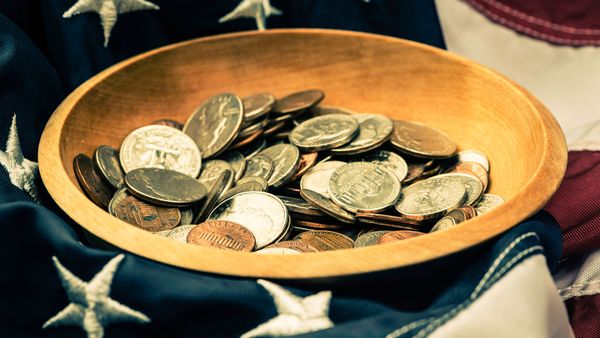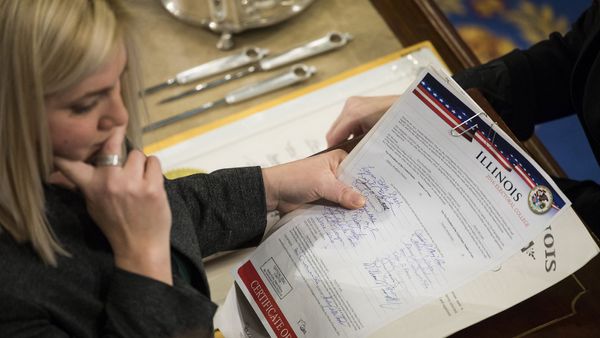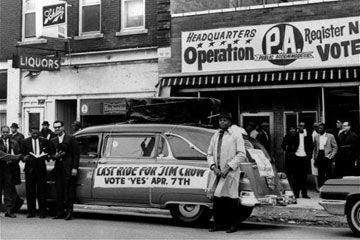Documents filed with the Federal Election Commission (FEC) usually generate enthusiasm and excitement amongst only a very small coterie of political reporters and pundits, who pore over how much money candidates and organizations have brought in as an indication of their electoral strength. In the future, however, there's likely to be more attention paid to the information the FEC receives about the cash raised and activities of so-called Super PACs (political action committees). Why? Because faux-conservative commentator and comedian Stephen Colbert, who received approval for his Super PAC, Americans for a Better Tomorrow, Tomorrow, in June, 2011, has suddenly made them a lot more interesting.
Not surprisingly, Colbert's entrance into the universe of political money attracted plenty of attention; it didn't hurt that the comedian was, well, funny before, during and after his appearance before FEC commissioners seeking approval for his organization. Indeed, among the flurry of tweets Colbert sent to encourage people to join him outside FEC headquarters in Washington, D.C. and donate to his group was the plea to "…It's BYOB, Bring Your Own Billions -- to give to my PAC" [source: Colbert].
Advertisement
But in both launching and publicizing Americans for a Better Tomorrow, Tomorrow, Colbert also trained a lot of focus on Super PACs, a newly legal vehicle for financially supporting campaigns and candidates that ushers in the ability of corporations, unions and individuals giving unlimited amounts of cash to promote individual politicians, something that was not possible before [source: Eggen].
In some ways, Colbert's Super PAC is no joke. The FEC approved it because it had no other option; any individual can form one, so long as the group then follows certain disclosure requirements. Many political observers also believe that Colbert is using satire in order to shed a light on what plenty of people agree is a serious issue: the influence and impact of money in politics [source: Beckel].
Still, if that is Colbert's aim, he's going about it in a characteristically over the top manner. For instance, he used money raised by his Super PAC to encourage voters in the August 2011 Republican Ames Straw Poll in Iowa to vote for Rick Parry (not actual 2012 Republican presidential candidate and Texas Governor Rick Perry). Although Colbert was initially coy about why he formed his Super PAC, there will be regular updates on his activities at the FEC -- an entirely new venue for his comedy.
But before we can talk further about Super PACs, we have to explain how PACs differ from Super PACs. We'll do that next.
Advertisement
